Red Raspberries (Rubus idaeus) Health Benefits and Herbal Uses
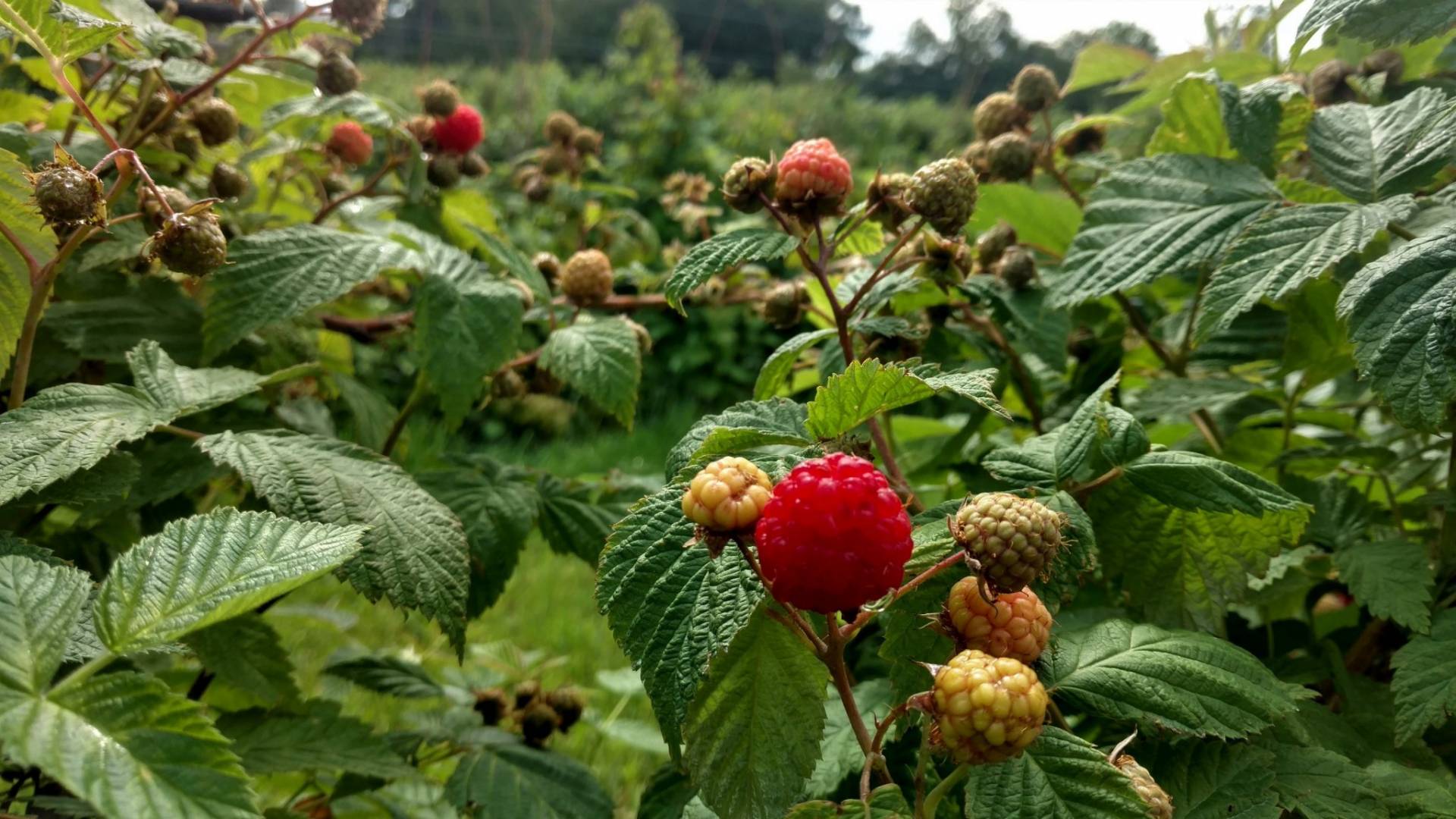
Rubus idaeus (raspberry, also called red raspberry or occasionally European red raspberry to distinguish it from other raspberry species) is a red-fruited species of Rubus native to Europe and northern Asia and commonly cultivated in other temperate regions.
Rubus idaeus, are not only delicious but also packed with nutrients and offer a variety of health benefits like blood sugar regulation, heart health, cancer and many more.
The Health Benefits of Red Raspberries (Rubus idaeus)
Red raspberries (Rubus idaeus) are a delightful combination of taste and nutrition. Let’s explore their health benefits and nutritional properties:
- Low-Calorie Nutritional Powerhouses:
- A cup (123 grams) of red raspberries contains:
- Calories: 64
- Carbs: 14.7 grams
- Fibre: 8 grams (32% and 21% of the RDI for women and men, respectively)
- Protein: 1.5 grams
- Vitamin C: 54% of the Reference Daily Intake (RDI)
- Manganese: 41% of the RDI
- Vitamin K: 12% of the RDI
- Vitamin E: 5% of the RDI
- B vitamins: 4–6% of the RDI
- Iron: 5% of the RDI
- Magnesium: 7% of the RDI
- Phosphorus: 4% of the RDI
- Potassium: 5% of the RDI
- Copper: 6% of the RDI
- Raspberries are an excellent source of fibre, providing more than half of the RDI for vitamin C and essential nutrients.
- A cup (123 grams) of red raspberries contains:
- Antioxidant Boost:
- Raspberries are rich in antioxidants like vitamin C, quercetin, and ellagic acid.
- These compounds protect cells from oxidative stress, reducing the risk of diseases like cancer, diabetes, and heart disease.
- Heart Health:
- Raspberry consumption may improve vascular function, benefiting cardiovascular health.
- Studies show improvements in endothelial function due to red raspberries.
- Anti-Inflammatory Effects:
- Raspberries’ anti-inflammatory and antioxidative properties may reduce the risk of chronic diseases.
- DNA Repair:
- Ellagic acid in raspberries not only prevents oxidative damage but also repairs damaged DNA.
Red raspberry leaves, from the plant Rubus idaeus, are highly regarded for their medicinal properties and can be used in several ways as an herb. Here’s how you can use red raspberry leaves:
- Herbal Tea:
- To make a simple tea, pour one cup of boiling water over one or two teaspoons of dried raspberry leaves.
- Infuse for about 10 minutes, strain, and enjoy. You can drink this tea as needed, up to six cups a day, to help manage menstrual cramps or for general health benefits.
- Nourishing Herbal Infusion:
- For a stronger infusion, cover one ounce of dried raspberry leaves with a quart of boiling water.
- Allow it to steep for 4-8 hours, then strain.
- Drink 1-3 cups daily for a nutrient-rich beverage that supports female health.
- Herbal Vinegar:
- Place dried raspberry leaves into a glass jar and cover with vinegar at a weight-to-volume ratio of 1:5.
- This can be used in salad dressings or taken as a tonic.
- Tincture:
- A tincture can be made by soaking raspberry leaves in alcohol for several weeks, and then straining them.
- Take as directed, usually a few drops to a teaspoon, up to three times a day.
- Pregnancy and Labor:
- Red raspberry leaf is known for its benefits during pregnancy, but always consult a midwife or doctor before taking any herb while pregnant.
- General Female Health:
- Many women find red raspberry leaf helpful for easing symptoms of PMS, endometriosis, and menopause.
Remember, it’s important to consult with a healthcare provider before starting any new herbal treatment, especially during pregnancy or if you have any health concerns.
safety and side effects of Red Raspberries (Rubus idaeus)
Red raspberry (Rubus idaeus) fruit is likely safe for most people when eaten in food amounts and possibly safe when taken in larger amounts as medicine. No side effects from taking red raspberry have been reported. However, it’s essential to be aware of the following considerations:
- Pregnancy:
- Late Pregnancy: Red raspberry leaf is possibly safe when taken by mouth as medicine during late pregnancy under the direct supervision of a healthcare provider. It has been traditionally used to try to trigger labour or ease pain during childbirth.
- Early Pregnancy: However, taking red raspberry leaf as a medicine earlier in pregnancy might be unsafe. It could potentially act like the hormone estrogen, which might harm the pregnancy.
- Breastfeeding:
- There isn’t enough reliable information to determine if it is safe to take red raspberry leaf when breastfeeding. It’s best to avoid its use during this time.
- Hormone-Sensitive Conditions:
- Red raspberry leaf might have estrogen-like effects. If you have conditions sensitive to estrogen (such as endometriosis, uterine fibroids, breast cancer, or uterine cancer), it’s advisable not to use red raspberry leaf.
- Children:
- Red raspberry supplements may not be safe for children.
- Interactions:
- If you take any medications regularly, consult your doctor before using red raspberry supplements. There’s a risk of interactions with other supplements or drugs.
Remember to discuss any supplements you’re taking with your healthcare provider, even if they’re natural. This way, your doctor can check for potential side effects or interactions with medications. As a food, red raspberries are safe but always exercise caution when using them as a treatment or supplement.

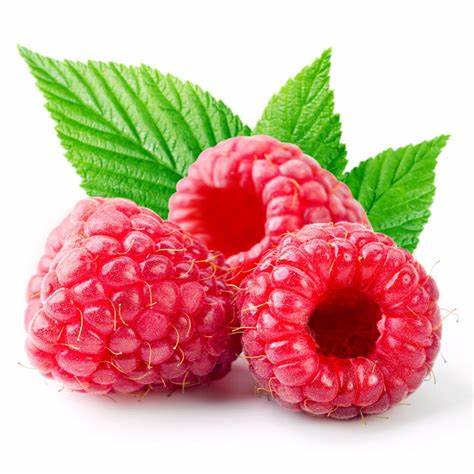
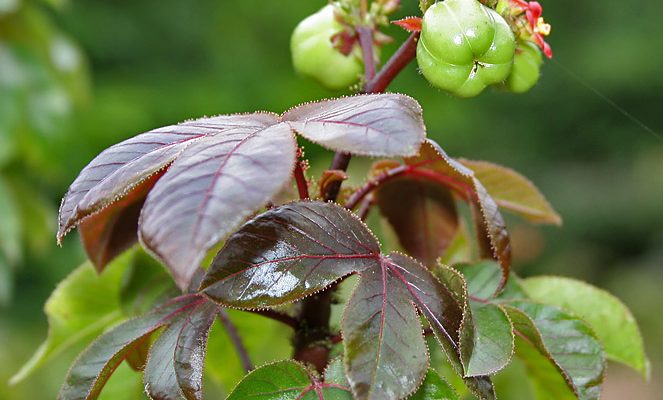

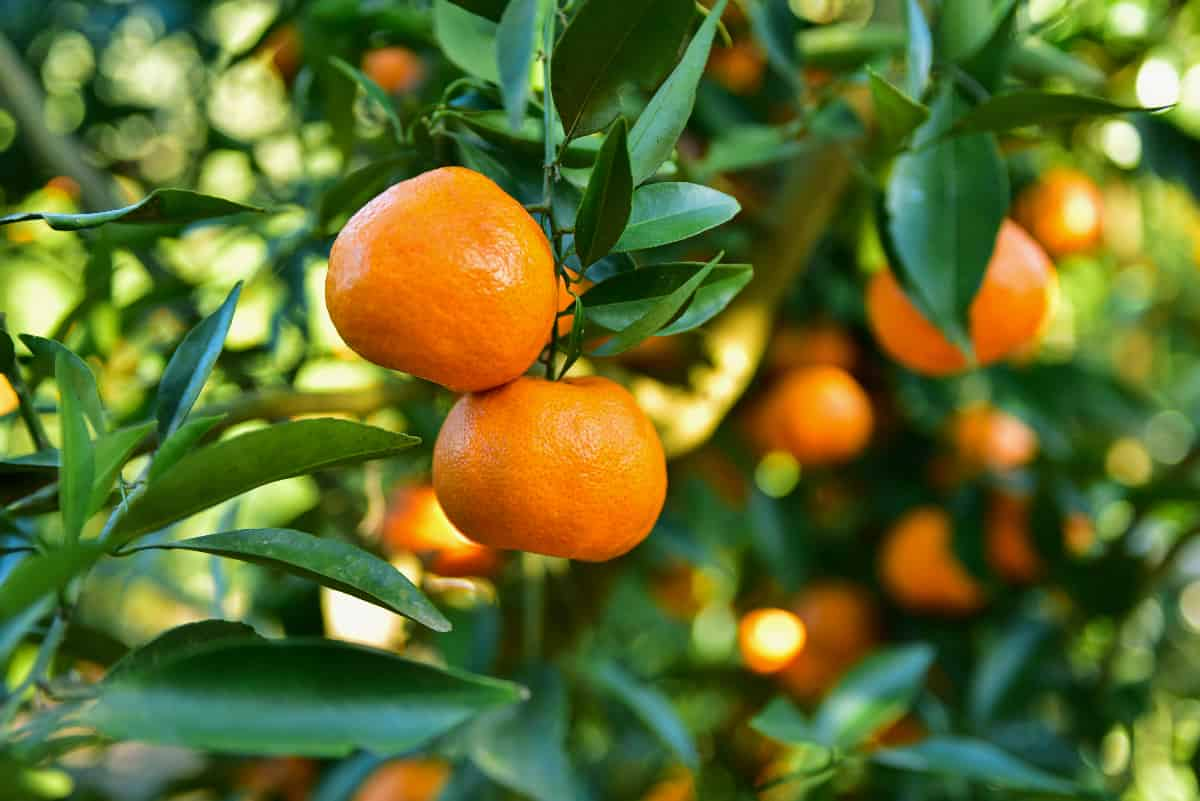

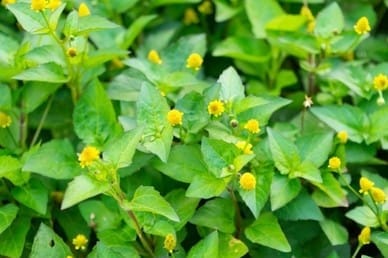


Review Red raspberries (Rubus idaeus).
You must be logged in to post a review.